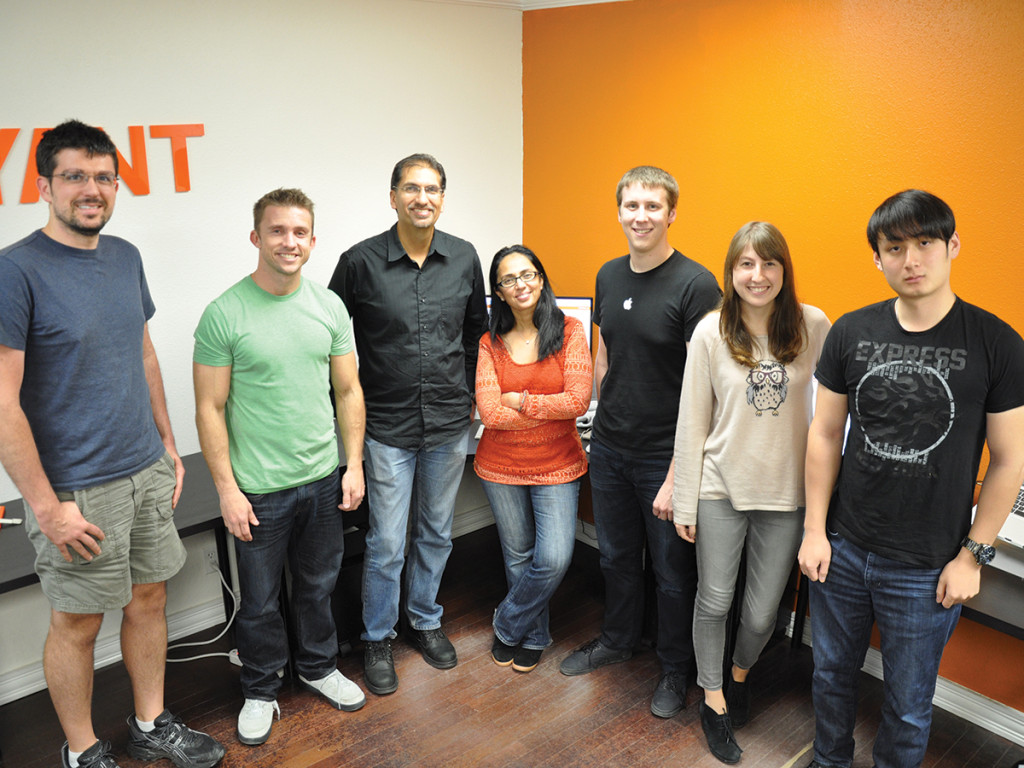
ZyBooks, an educational company— founded by Frank Vahid, a UCR professor of computer science and engineering, and its CEO Smita Bakshi — received a $4 million investment from Bialla Venture Partners (BVP). The investment will help develop the sales, marketing and technology aspects of the company.
ZyBooks is a type of learning material used for science, technology, engineering and math (STEM) courses. The average cost of a zyBook is around $48, and includes both interactive learning content and an integrated homework system.
ZyBooks’ interactive features include animations to help visualize key concepts. Learning questions are presented in different formats to engage the reader in place of quizzes. Tools with minimal text are used to build skill and intuition. Challenging activities allow the user to try multiple times and test their knowledge and skill.
“Bialla seeks to back passionate, experienced entrepreneurs with high integrity. Vito Bialla and David Uri, from BVP, have been partners with Smita Bakshi and Frank Vahid for two years and have been actively engaged with management as they have built the business. We are hopeful that BVP can continue to add value on strategic partnerships, capital and relationships,” Bakshi said.
Vahid and Bakshi co-founded zyBooks in 2012 at UCR, which became the first university to use the new technology. “For nearly a decade, Smita and I had talked about how the web was being underutilized by traditional textbook publishers,” Vahid said. In 2013, the first zyBook was released and dozens of schools also began using the interactive learning tool.
“When writing for paper, an author has only two resources available: text and figures. But when writing for the web, an author also has interactive resources available like animations, learning questions, simulators, auto-graded problems, and much more. People learn by doing, so we decided to put appropriate parts of the learning content in those interactive items. Our studies, and those of many other researchers, show better student learning outcomes using such content with a mix of text, figures, and interactive resources,” Vahid said.
Professor Philip Brisk instructs Computer Science 12B, a course that uses zyBooks and has received positive comments from students regarding the program. “There is evidence that they are learning the material before they take quizzes and exams in-class. I think that these are significant advantages compared to traditional publishing models,” Brisk said.
Dorian Calsi, a third-year student at UCR, is enrolled in Computer Science 12B. “I like that it is online,” Calsi explained. “But the required participation (in zyBooks) is slow sometimes.”
ZyBooks have reached over 300 universities including UCI, UCSD, UCD, UC Merced and UC Berkeley with over 10 zyBooks at each UC campus. Vahid expects the investment will help zyBooks expand to reach more students.
“The sales team is expected to more than double this year and we plan to add digital marketing expertise to the team. On the technology side, we’ll expand our zyBooks catalog in computer science, engineering and math as well as invest in the zyBooks platform,” explained Bakshi.
“We’ve built tools and processes to help authors create better content, and more quickly too. And we’ve grown from a few employees to over 30 today. We expect to continue to grow, creating more zyBooks to help even more students succeed, and having more universities and high schools use our content,” said Vahid.








